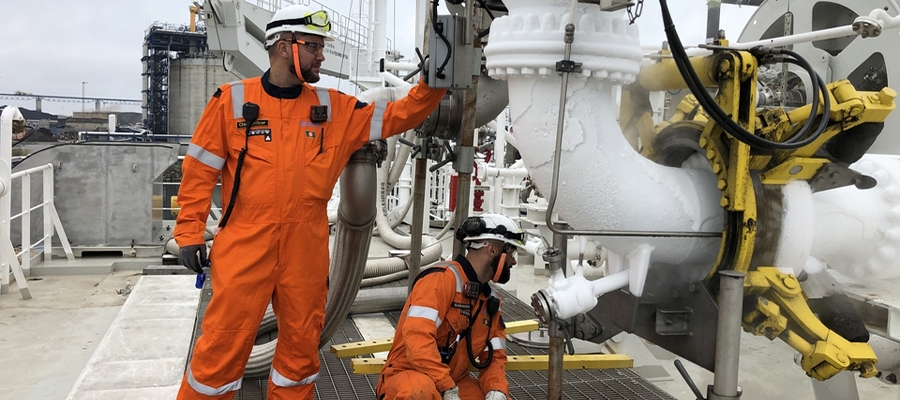New fuels have new inherent safety characteristics
A recent study by Lloyd’s List Intelligence and DNV has shown that the overall safety of shipping has improved considerably in the last decade, however, it also highlights that hull and machinery damage has been, by far, the largest contributor to casualty numbers. Considering these loss statistics cover a period when conventionally fuelled vessels still dominated, there is a clear risk that the occurrence of machinery damage may escalate as the use of new fuels, with different inherent safety characteristics, increases significantly. Furthermore, the elevated risk will not be restricted to machinery; crew, ship structure and the environment may potentially be exposed to toxic fumes, cryogenic brittle fracture and explosion hazards not previously prevalent on most types of merchant vessels.
While the major classification societies are playing a key role in establishing the rules and regulation governing the design, construction and safety protection of greener propulsion and power generation technology, shipowners and managers that have safety as their most coveted value will not rely on external rules and legislation alone to maintain their standards. They must establish a robust risk identification process for each type of new fuel, and associated technology, to develop bespoke training programmes and operating procedures that are concise, effective and valued by the crew.
Advanced training and operational procedures required
For the Schulte Group, the journey towards safe decarbonisation commenced over five years ago with the construction and operation of “Kairos”, a specialised liquefied natural gas bunkering vessel that was the largest and most sophisticated of her type at the time. The “Kairos” is designed to safely deliver fuel to a wide range of merchant vessels, and even some shore-based facilities, that utilise LNG to reduce their CO2 footprint and eradicate pollutants associated with traditional diesel and heavy fuel oil. The training and operational procedures for this unique vessel were based on BSM’s extensive experience managing LNG vessels of all types, and the impeccable LNG transfer safety record of the “Kairos” since entering her Baltic Sea service is a testament to the integrity of our risk management system and the competence of the officers and crew.
Supplementing the specialised classroom and simulator courses provided by BSM’s own Maritime Training Centres, the “Kairos” has been used as a practical training base for officers assigned to another relatively new sector of green shipping, the IGF Code dual-fuel tankers and dry-cargo vessels. BSM developed a bespoke training programme, duly approved by several flag states, that provided detailed instruction on the receiving aspects of an LNG bunker operation, but also provided valuable insight into the risk mitigation requirements of the delivery vessel, thus providing an understanding of the full process. This attention to detail has allowed BSM to take a growing number of dual-fuel newbuildings safely into management.
Expert working groups formed for methanol and ammonia
BSM has adopted the same approach to methanol- and ammonia-capable vessels, utilising our experience of managing ships that carry these fuel types as cargo and applying the knowledge of the specific chemical characteristics and safety hazards. Expert working groups have been formed for both fuels and type-specific training and procedures are under development.
BSM has a parallel strategy in place that ensures both existing and new green technology will remain reliable and operate to ideal efficiency parameters throughout its design life. Our Smart Maintenance Programme is based around a reliability-centred maintenance philosophy, where we utilise a combination of proactive techniques including preventative maintenance, condition-based monitoring and real-time monitoring. Crew safety is enhanced by using objective evidence to demonstrate that the opening of machinery solely based on run time is unnecessary. Keeping properly operating machinery intact avoids the potential for mistakes and accidents to occur.
At BSM, we wholeheartedly accept the challenge that decarbonisation presents, but believe we have the tools, expertise and determination to ensure that the transition is carried out without compromising our crews’ safety.









